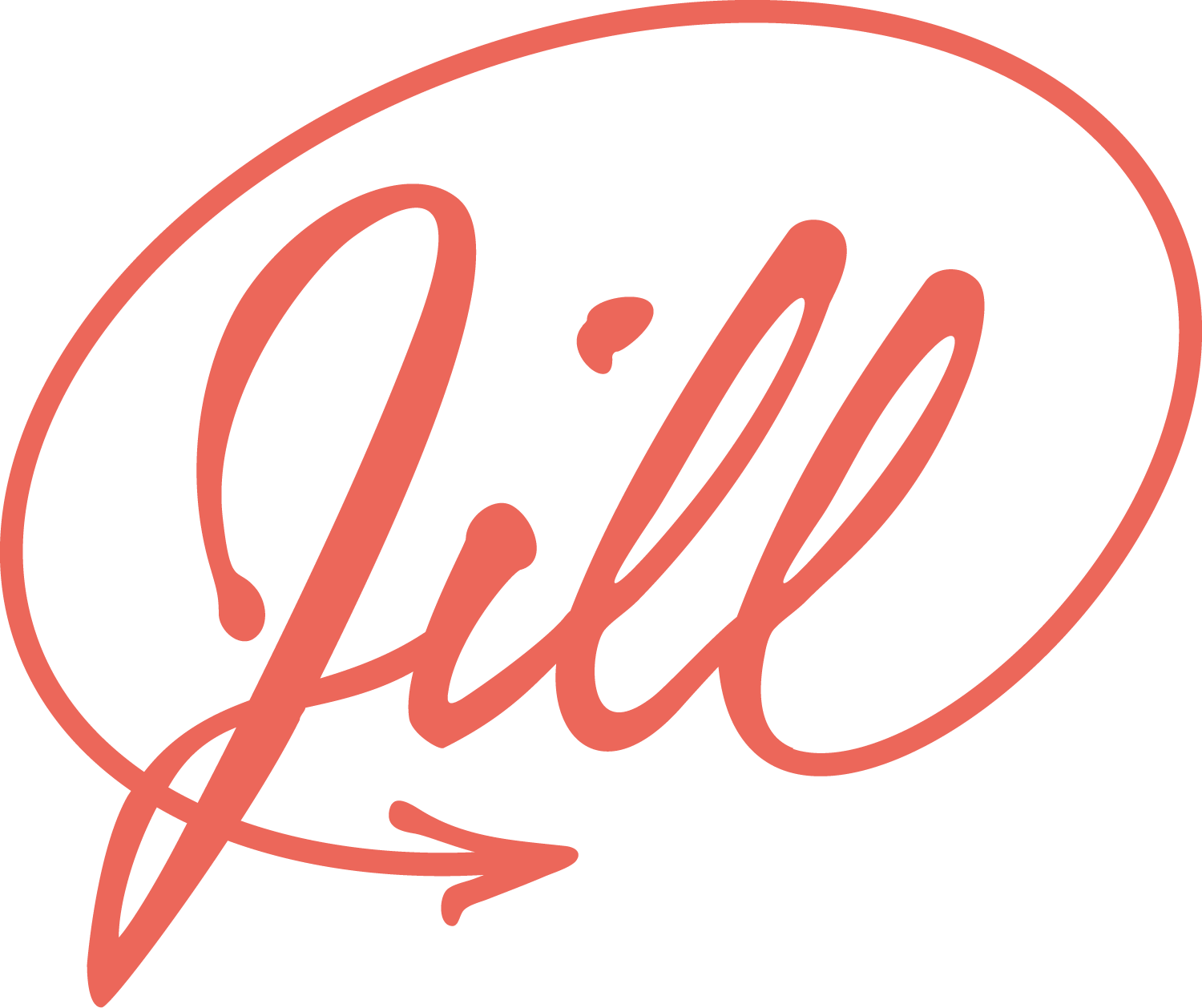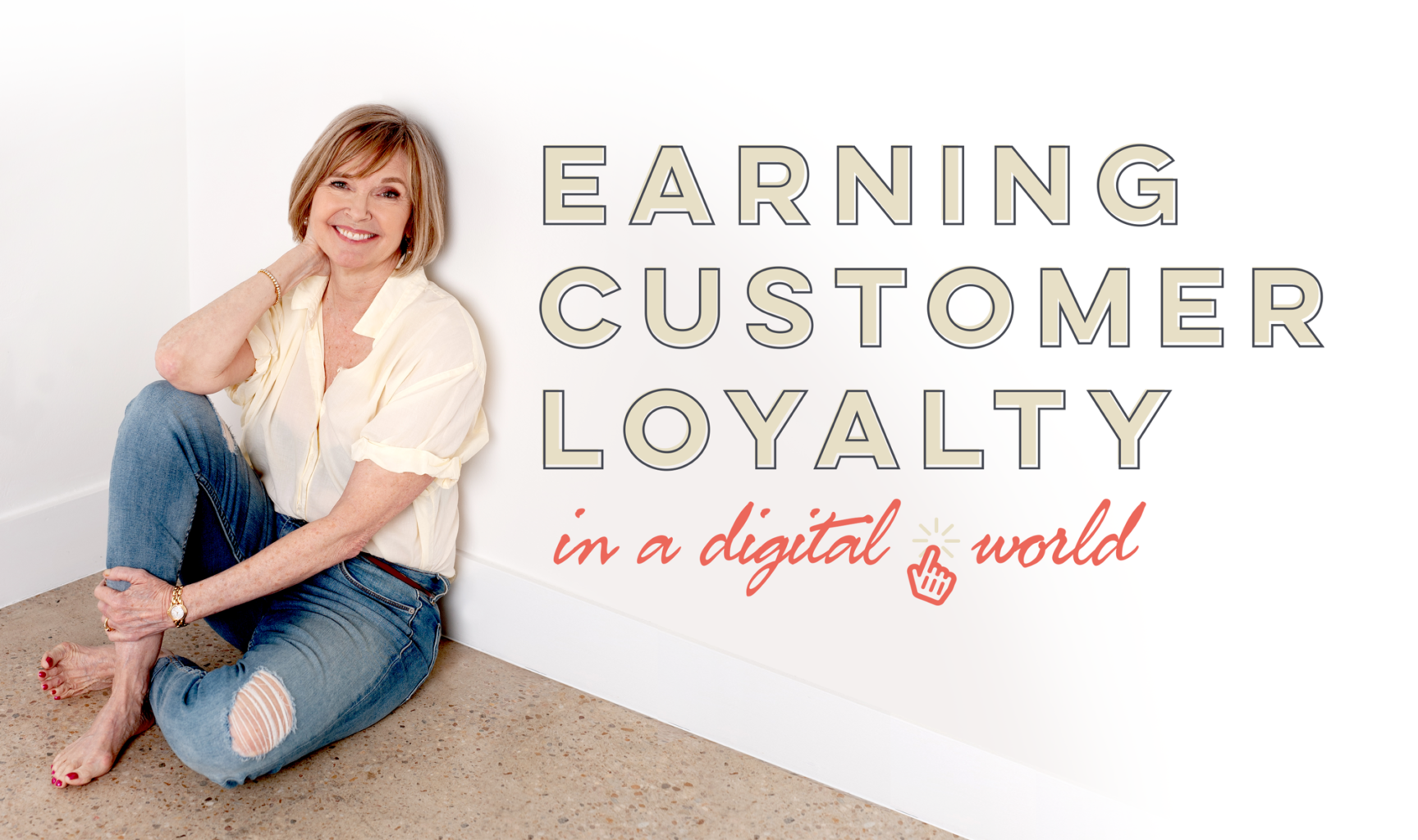
To The Class of 2019: Guard Your Reputation If You Want To Succeed
Long-time NASCAR veteran, Mike Mooney, is on a mission to help others build and protect their reputations. He believes that of all the assets that we bring to a role, our reputation is the most important. And these days it’s easier than ever to stumble.
I had a chance to interview Mr. Mooney recently. Here are the highlights of that interview:
Jill Griffin: First of all, please tell me about your own upbringing and home life.
Mike Mooney: I grew up on Long Island, New York and as a result, I am a life-long Billy Joel and suffering Mets fan! My home life was very simple. My dad was a police officer and my mother was a school teacher and they taught me, through their example, the value of hard work and integrity.
Griffin: How did you get involved with NASCAR? What drew you to that industry?
Mooney: My dad is a motorhead and also wrote for National Speed Sport News, so I grew up around cars and racing on Long Island – but had zero interest in working in the sport! Ironically, one of my first jobs out of college in North Carolina was with a leading motorsports public relations and marketing agency with clients in NASCAR. I started there making copies of press releases, stuffing press kits, changing air filters, whatever I could do to learn the craft and earn my $16,000 salary! It was there that I learned the power and art of storytelling.
Griffin: After a successful 25 year run at NASCAR, you decided to write a book about how to build and guard our reputations. Why? What precipitated that decision?
Mooney: A key facet to Public Relations is reputation and crisis management. I saw, managed, and led my fair share of recovery efforts over my career. Those ranged from driver deaths and fan injuries to sponsor crises and drivers shooting off their mouths on national TV. It became clear to me that, in many cases, the crisis could have been avoided by being proactive and asking the question “what if?” and identified risk points instead of reactive and asking “what now?” which is about managing the crisis. There is a significant difference of empowerment in those two questions. You see, we live in a time like none other in human history where we are instantly and globally connected. So, I wanted to write a book with actionable strategies, drawn from my experiences, to shift mindsets and empower people to proactively build and protect one of their greatest, yet most fragile, assets – their reputations.
Griffin: The class of 2019 will hear a lot in their commencement addresses about what’s next and how to be successful – what school they choose, what industry they go to work in, etc. You say that even if every decision they make going forward is spot on, that the real jet fuel for success is a good reputation. Please tell us more.
Mooney: That’s absolutely true, especially for graduates entering this new season of their lives. You see, you can have a degree from a highly regarded school and land a job at the prestigious firm, but if you aren’t intentionally building a reputation, you are short-changing your future. Worse yet, it could take longer for new opportunities to find you. For example, I have seen people with solid reputations for consistency, follow-through, and trust leap-frog over others with years more experience, but who have poor reputations in the workplace. Simply put, a strong reputation is an accelerator of opportunity, growth and advancement. One easy way to do this from the start is to always honor your commitments – even the small ones. Which also means, don’t over-commit yourself!
Griffin: Can you give us three things we can do right now to begin to build and protect our reputation?
Mooney: OK, here are three fundamental elements that will get you moving in that direction.
First, get a group of trusted people in your life to become your Spotters. In racing, every driver has a Spotter to tell them what’s in their blind spots to keep them in the race. We all have blind spots in our lives and must have people who will tell us what we need to hear, not what we want to hear. And, since these are people with whom you have a high-trust relationship, you know that their itentions are purely to help you.
Second, recognize you own the Bank of You – this is where your relational and reputational currency is kept. Every day we make deposits or withdrawals with our words, actions, and decisions. You don’t want a negative account balance when you need to make some withdrawals! And, we always will.
Third, reground yourself in your values every day. By consistently living in this authentic manner, over time, you are not only building and strengthening a credible reputation, but also creating a halo of protection for when a misstep occurs or if you are drawn into something with which you had no involvement and have to defend yourself.
Griffin: If you were delivering a commencement address today, what one thing would you say to your audience?
Mooney: Put yourself in uncomfortable places! And, I don’t mean that in the ethical, legal or moral sense! Discomfort is a catalyst for growth and will open doors we never knew existed. Combined with a positive and empowered mindset – you will be unstoppable. This has truly been my life’s experience. Every new launch point started in a place of discomfort. My greatest opportunities for learning and growth have all come from doing the uncomfortable work and stepping into a zone where I had to try something new. Is it scary? Absolutely! Was I vulnerable? Without a doubt! But, it’s in those spaces where life is truly lived.



